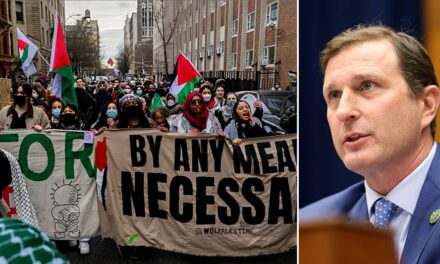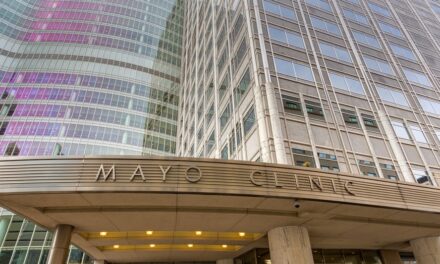As the political landscape continues to shift in unpredictable ways, an unexpected trend is emerging in Southside Chicago. A number of residents in this traditionally Democratic stronghold are beginning to voice their support for former President Donald Trump. Among these residents, a shared sentiment seems to resonate: Trump has an uncanny ability to connect with the community.
This trend diverges significantly from the voting patterns historically observed in Southside Chicago. Known for its steadfast support of Democratic candidates, the area is now experiencing an ideological evolution that could signal broader shifts in the political alignment of urban neighborhoods across the United States.
One Southside resident, who wished to remain anonymous, stated, “He has a way of connecting with our people. It’s not something you would expect here, but it’s happening. He talks about issues that actually matter to us.” This resident’s statement underscores a broader sense of disenfranchisement among some in the community who feel their concerns have been overlooked by the broader political establishment.
While Trump’s political persona is often characterized by highly polarizing opinions, those who support him in Southside Chicago point to specific policies and rhetoric that they feel directly address their situations. Issues such as economic revitalization, criminal justice reform, and direct communication that bypasses traditional media platforms are frequently mentioned among his supporters.
Despite this shift, Trump’s growing support in the area is not without controversy. Many residents remain deeply opposed to his policies and rhetoric. Community activist Carla Rodriguez expressed her concerns, stating, “Trump’s history and actions are troubling, and I don’t think he’s genuinely interested in addressing the systemic issues we face here.” However, she also acknowledged that the appeal arises from a sense of neglected needs, particularly in economic and community development.
The shift in political support is being carefully monitored by analysts and political strategists. Some see it as a temporary anomaly, while others believe it could signal a longer-term realignment in voter behavior, particularly in communities that have felt marginalized by existing political frameworks.
Political science professor Dr. Elena Brooks offered her perspective, noting, “What we’re witnessing may be the result of a feeling of political alienation. Residents of Southside Chicago, like many across the country, are looking for leaders who they believe are addressing their specific needs rather than adhering to party lines.”
As the political climate continues to evolve, the voices of Southside Chicago residents will undoubtedly play a crucial role in shaping future elections. Whether this surprising trend signifies a significant realignment or simply a momentary shift remains to be seen, but it undeniably reflects the nuanced and multifaceted nature of political allegiance in the modern era.
The evolving support for Trump in places like Southside Chicago serves as a reminder of the diverse tapestry of American political consciousness, where unexpected alliances and emerging voices continue to shape the nation’s direction.
































